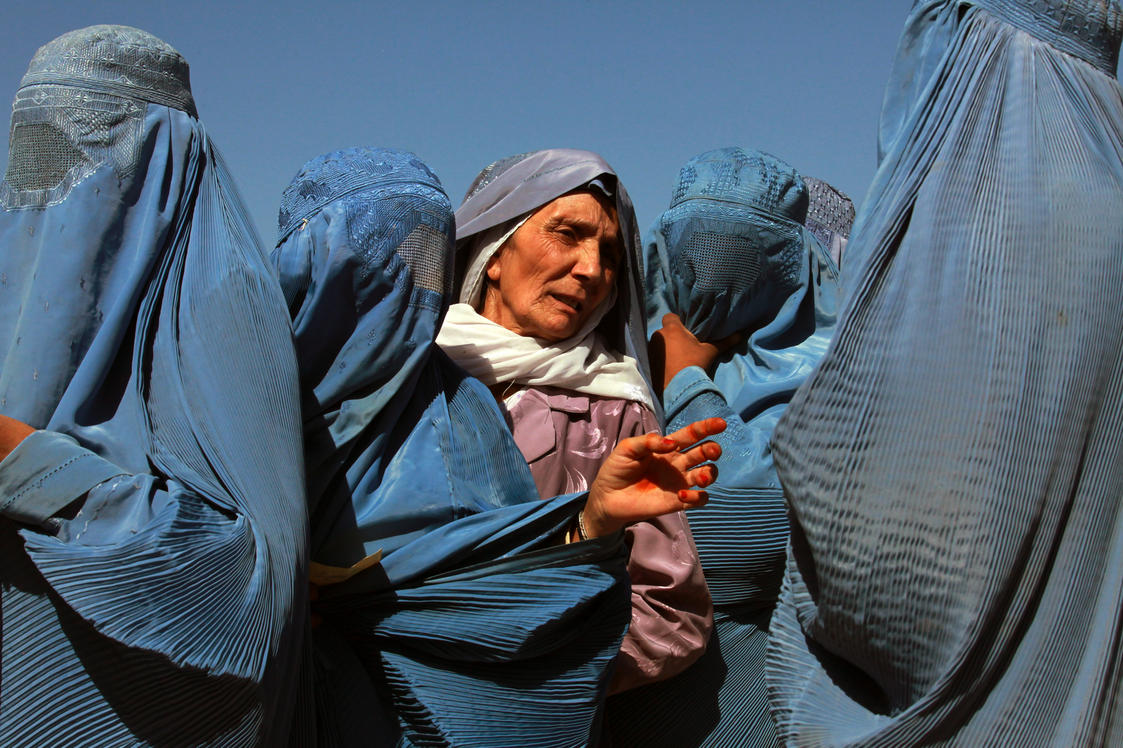The Fragility of Women's Rights in Afghanistan
By Heather Barr,
Human Rights Watch
| 08. 24. 2021
Now that the Taliban are back, what does that mean for women's rights?
Photo by United Nations Photo on Flickr
“But can we trust the Taliban on women’s rights?” has been a favorite question of journalists in recent years. The answer used to be “no”; the answer now is that it doesn’t matter much. The Taliban have swept back to power, and dealing with them is the reality, again, for Afghan women and girls.
It became a cliché over the last decade to say that Afghan women were facing an uncertain future, as the Taliban steadily expanded their territory. On August 16, some of the uncertainty ended — and was replaced with fear and despair — as President Ashraf Ghani fled the country and the Taliban, triumphant after taking most of the rest of the country, entered Kabul, the capital.
The Taliban tweet these days, which is new, but aside from that, they haven’t changed much. When they wanted to seem presentable to the international community during negotiations in Doha, their rhetoric about women’s rights shifted. They pledged to let girls study and women work — but usually with a vague...
Related Articles
By Ava Kofman, The New Yorker | 02.09.2026
1. The Surrogates
In the delicate jargon of the fertility industry, a woman who carries a child for someone else is said to be going on a “journey.” Kayla Elliott began hers in February, 2024, not long after she posted...
By Pei-Chieh Hsu, Taiwan Insight | 02.02.2026
By Diaa Hadid and Shweta Desai, NPR | 01.29.2026
MUMBRA, India — The afternoon sun shines on the woman in a commuter-town café, highlighting her almond-shaped eyes and pale skin, a look often sought after by couples who need an egg to have a baby.
"I have good eggs,"...
By Shobita Parthasarathya, Science | 01.22.2026
These are extraordinarily challenging times for university researchers across the United States. After decades of government largess based on the idea that a large and well-financed research ecosystem will produce social and economic progress, there have been huge cuts in...




